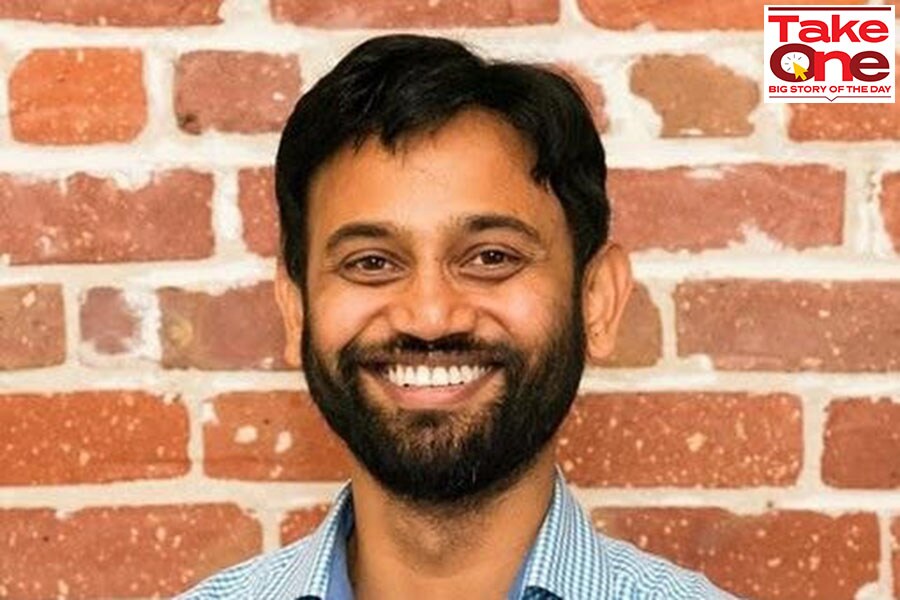
Crypto regulation will help with mass adoption: FalconX's Raghu Yarlagadda
Raghu Yarlagadda, co-founder of FalconX, on why he feels India can build a truly global crypto system
 Raghu Yarlagadda, co-founder and CEO of FalconX
Raghu Yarlagadda, co-founder and CEO of FalconX
“Is crypto a bubble? And is this bubble about to burst?” When you are talking to an aggressive and enterprising crypto entrepreneur whose maiden venture is valued at $8 billion and has scaled considerably over four years, it’s interesting to start the conversation with the subject of a bubble. Is there a bubble? Raghu Yarlagadda, co-founder and CEO of FalconX, a cryptocurrency brokerage and digital asset trading platform for institutional investors, takes the bull by the horns.
“The future is already here. It's just not evenly distributed,” he says, alluding to a quote attributed to influential American speculative fiction writer William Gibson. Crypto, too, has a similar story, reckons Yarlagadda, whose San Francisco- based venture recently scooped up $150 million in Series D round and more than doubled its valuation to $8 billion in just 10 months.
As a lot of wealth is migrating from Baby Boomers to Millennials, and they think about money differently. They not only want a yield in an economy that's inflating, but are also looking for entertainment from finance. “The Gamestop Saga is an indication that there is activism and entertainment with finance, which is a completely new concept,” he underlines, adding the traditional financial system is not cut out to meet the needs of the millennials.









